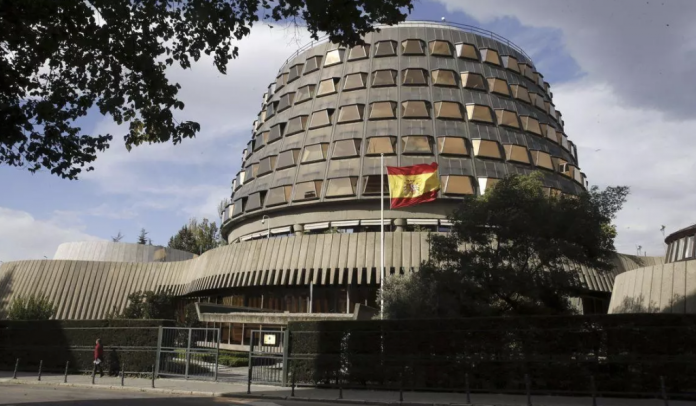Spain’s Constitutional Court endorsed a highly contentious amnesty law pardoning over 300 Catalan lawmakers involved in the 2012–2023 independence campaign, Euractiv reported.
Prime Minister Pedro Sánchez heralded the ruling as “very good news for Spain,” speaking to journalists ahead of the European Council summit in Brussels.
This is very good news for Spain, we are closing a political crisis which began in 2010.
The decision rejected most arguments from the People’s Party (PP), which had challenged the law’s constitutionality. The court asserted that “amnesty is not banned by the Constitution.”
Its adoption, when it responds to an exceptional situation and a legitimate public interest, may be constitutionally admissible.
Despite domestic judicial validation, the European Commission raised significant rule of law objections. A leaked Commission draft opinion contends that granting legal immunity to Catalan lawmakers in exchange for their support of Sánchez’s 2023 re-election constitutes a “self-amnesty,” as beneficiaries directly backed the legislation.
This critique echoes earlier concerns from the Council of Europe’s Venice Commission, which acknowledged the law “aimed” to foster reconciliation and aligned with international law but criticised the expedited legislative process. It urged “more institutional dialogue” to heal divisions between Madrid and Barcelona.
Opposition leader Alberto Núñez Feijóo lambasted the amnesty as “a corrupt transaction of impunity in exchange for power” and “an attack against the separation of powers.”
However, the ruling offers no reprieve for Carles Puigdemont, the former Catalan leader exiled in Belgium since the failed 2017 independence referendum. The judge overseeing his case excluded him from amnesty protections due to ongoing embezzlement charges related to diverted referendum funds, a decision Puigdemont disputes, arguing the funds were not for personal gain.
His appeal remains pending, with a Constitutional Court ruling expected later this year or in 2026. The amnesty’s limitations underscore persistent tensions, as Sánchez’s minority government relies on Catalan parties’ support despite fierce opposition from national-oriented factions and lingering societal fractures.
